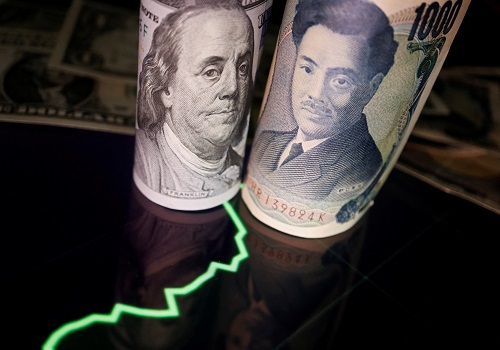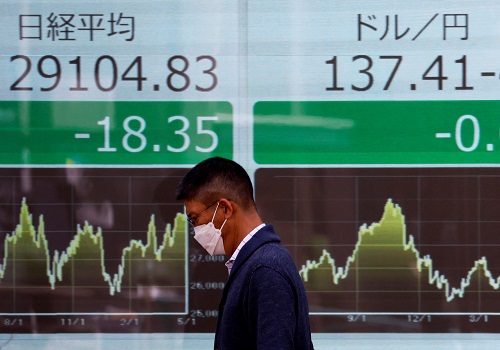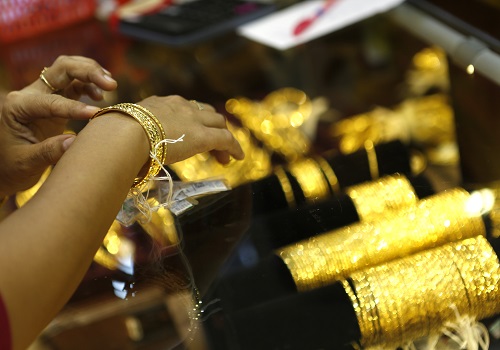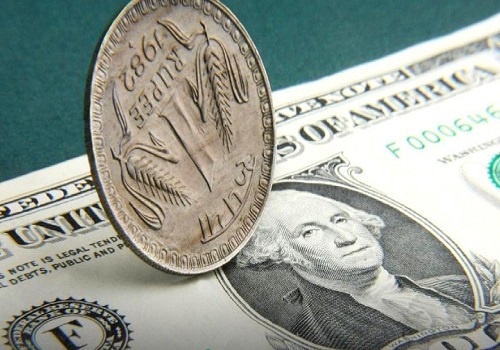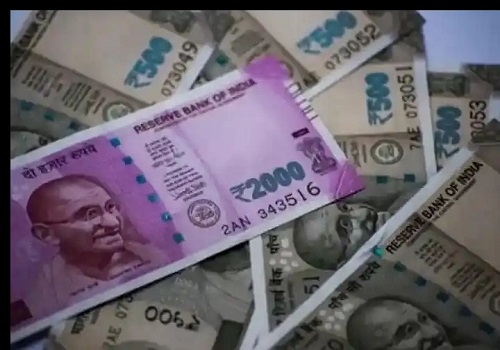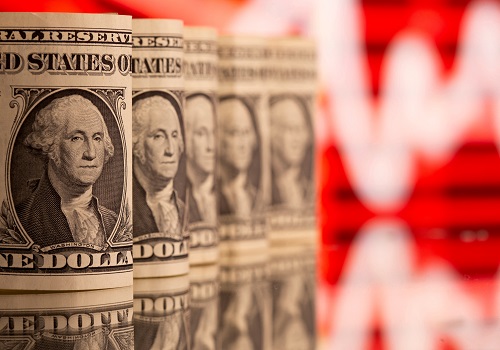Sterling slips amid red-hot inflation, dollar holds at 32-year peak vs yen
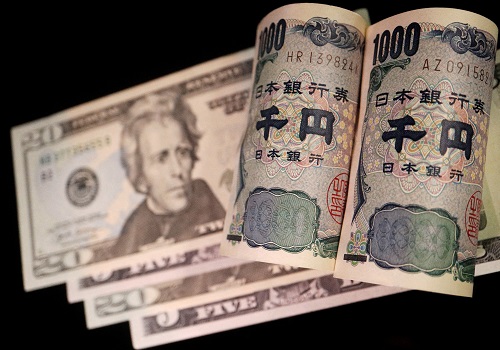
Follow us Now on Telegram ! Get daily 10 - 12 important updates on Business, Finance and Investment. Join our Telegram Channel
Sterling weakened on Wednesday after hotter-than-expected consumer price inflation and fears of a deeper recession bolstered expectations of a less aggressive rate hike by the Bank of England in November.
The U.S. dollar held at a 32-year peak against the yen and rose from a two-week trough against a basket of major peers, underpinned by expectations of aggressive U.S. Federal Reserve interest rate hikes.
The British pound GBP=D3 fell 0.6% at 0827 GMT to $1.12500 after data showing Britain's annual consumer price inflation inched up to 10.1% in September, rising more than expected and returning to a 40-year high hit in July.
Investors expect sterling to remain under pressure amid the outlook for rising inflation and a recession in Britain which could lead the BoE to hike by 75 basis points rather than 100 bps at its November meeting.
“Sterling edged lower against its peers after yet another upside surprise in the latest UK inflation data... The outlook for the UK economy remains relatively murky, with ballooning borrowing costs, soaring consumer prices and a government in chaos with its credibility shot to bits unlikely to inspire much confidence," said Matthew Ryan, Head of Market Strategy at Ebury.
“Following the budget fiasco, there is also a great deal of uncertainty as to the pace of upcoming Bank of England interest rate hikes," he added.
Money markets are pricing in a total 300 bps of BoE interest rates hikes by May, according to Refinitiv data. IRPR
The BoE said it would start selling some of its huge stock of British government bonds from Nov. 1, but would not sell this year any longer-duration gilts that have been at the centre of market volatility in the wake of the government's "mini-budget" fiasco. (Full Story)
Elsewhere, the dollar pushed as high as 149.48 yen JPY=EBS for the first time since August 1990 in early London trading. Dollar/yen pair JPY= was last up 0.1% at 149.40 yen.
Traders are on high alert for the Ministry of Finance and Bank of Japan to step into the market again, as the currency pair pushes toward the key psychological barrier at 150. A cross of 145 a month ago spurred the first yen-buying intervention since 1998.
Japanese Finance Minister Shunichi Suzuki said on Wednesday that he was checking currency rates "meticulously" and with more frequency, local media reported. (Full Story)
"Intervention risk remains present, since the MOF has already crossed the Rubicon (but) its purpose is surely only to limit the scale of speculative positioning rather than driving a sustained reversal," said Sean Callow, a currency strategist at Westpac in Sydney.
Given the BOJ's position as the only developed-market central bank pursuing a negative interest rate policy, "it's hard to see why the pair wouldn't extend into the 150-155 area", Callow added.
DOLLAR KING
The dollar index =USD - which measures the currency against six peers including the yen, sterling and euro - added 0.46% to 112.49, after dropping to the lowest since Oct. 6 at 111.76 on Tuesday.
The greenback, which currently reigns as the safe-haven currency of choice, has sagged this week amid the bear rally in equities globally following some upbeat earnings.
But underlying support continues to come from market pricing for two more 75 bps hikes from the Fed this year as it focuses on red-hot inflation, even at the risk of sparking a recession. FEDWATCH
Fiscal uncertainty in Britain is also clouding the outlook for markets globally.
The euro EUR=EBS sank 0.45% to $0.98175, retreating from Tuesday's high of $0.98755, a level last seen on Oct. 6.
Economists in a Reuters poll predict another 75 bps rate hike from the European Central Bank on Thursday of next week. (Full Story)
The New Zealand dollar NZD=D3 remained elevated, up 2% this week, following Tuesday's blowout consumer price data, which raises expectations for continued aggressive tightening by the Reserve Bank of New Zealand. The currency last traded 0.2% lower at $0.56760, close to Tuesday's two-week high of $0.5719.












 320-x-100_uti_gold.jpg" alt="Advertisement">
320-x-100_uti_gold.jpg" alt="Advertisement">





